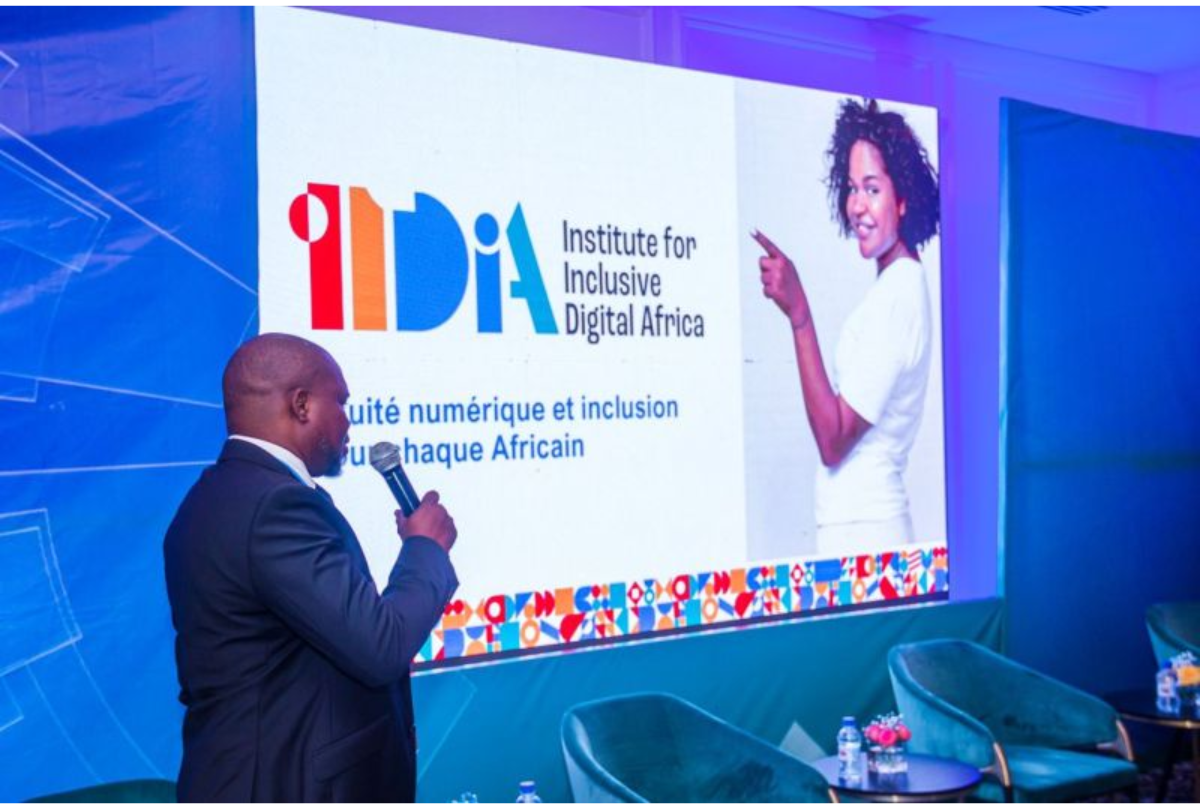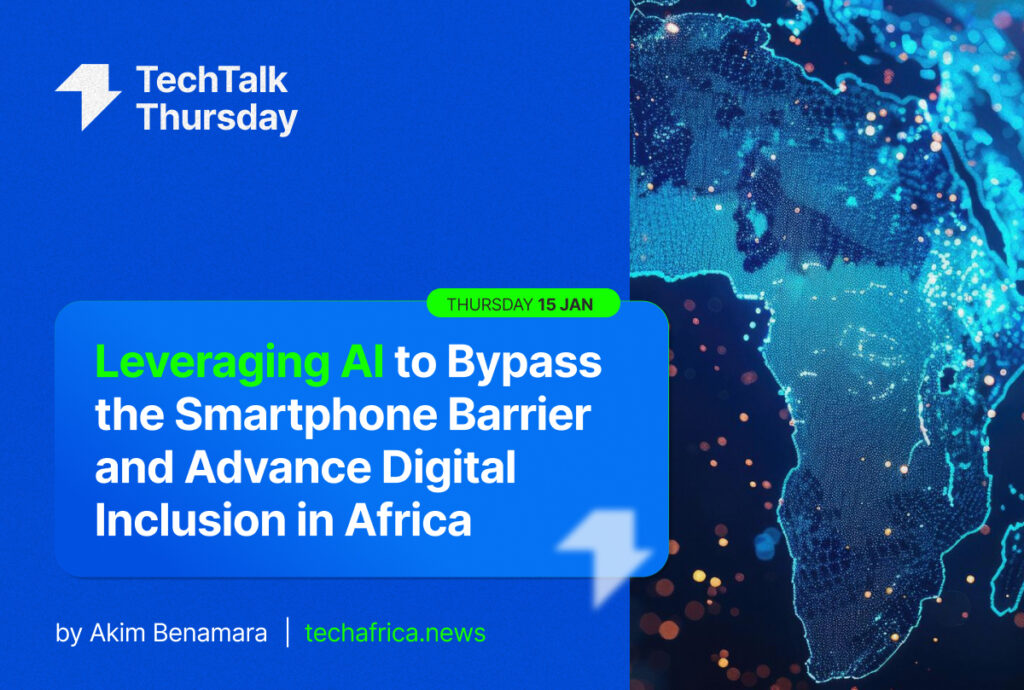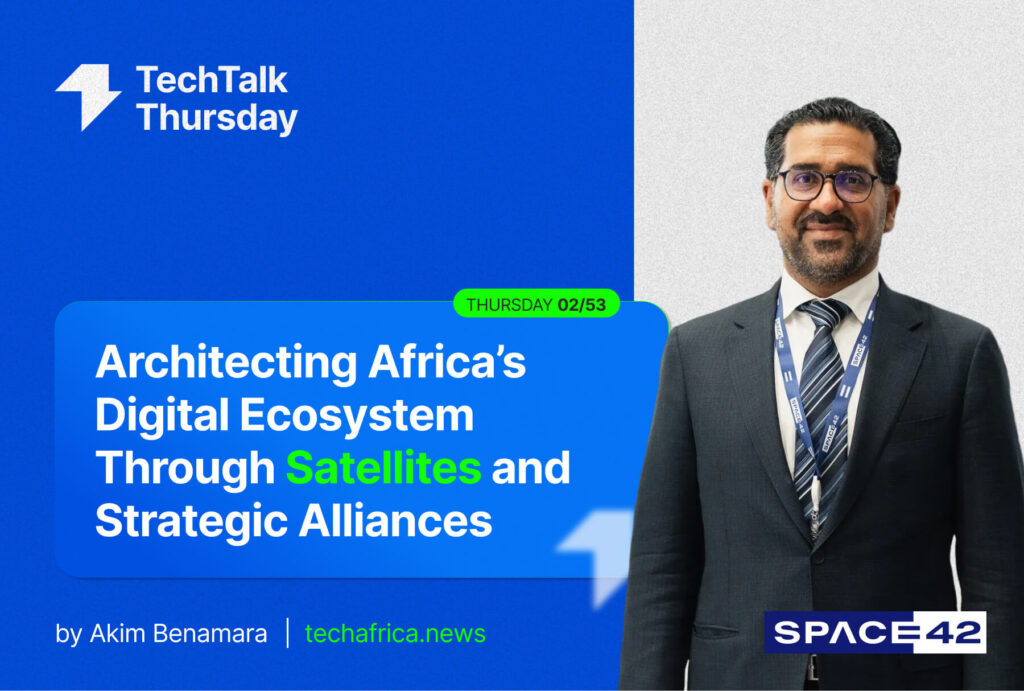Benin Launches First Local Language Voice AI to Bridge Digital Divide
This voice AI model will finally allow millions of people—particularly the elderly and rural communities—to interact with technology in their native language, without relying on written literacy or foreign languages.

The Institute for Inclusive Digital Africa (IIDIA) and the Agency for Information Systems and Digital Technology (ASIN) officially launch in Cotonou, the Regional Innovation and Digital Technology Lab, with an inaugural and unprecedented project: the development of the first voice-to-voice artificial intelligence model in the Fon language.
Conceived as a major step toward digital sovereignty, this innovation addresses a critical obstacle to inclusion: the language barrier. In West Africa, where over 1,000 languages coexist, digital services primarily cater to French- or English-speaking populations. The Fon language, spoken by millions in Benin and neighboring countries, has largely been left out of the digital revolution—until now.
This voice AI model will finally allow millions of people—particularly the elderly and rural communities—to interact with technology in their native language, without relying on written literacy or foreign languages.
“This project is a model for adapting AI to Africa’s linguistic diversity. We are building more than a tool: we are laying the foundation for a multilingual, inclusive African public digital infrastructure, deeply rooted in the continent’s realities, giving a digital voice to millions of Africans in their mother tongues.”
–Ambassador Makarimi Adechoubou, Chairman of the Board, IIDIA.
Three Priority Use Cases:
- Locating on-call pharmacies
- Checking Mobile Money account balance (in partnership with Celtis)
- Accessing procedures to obtain a birth certificate, through simplified voice-based interactions
“This is not just about technology—it is about dignity. Africa’s digital future cannot be built without its languages, its voices, and its realities. When a grandmother in a village can ask for her bank balance in Fon and receive an immediate answer—that’s real inclusion.”
–Marc André Loko, Director General, ASIN.
A functional prototype will be delivered within 9 months, using community-based voice data collection and training on high-performance GPUs (NVIDIA A100/H100).
But the Fon AI project is only the beginning. The ambition is to extend this model to other African languages and strategic sectors such as smart agriculture, digital health, geolocation and mobility, digitized public services, and local-language education.
The regional lab, supported by the Gates Foundation and co-led by the digital ministries of Benin, Senegal, and Côte d’Ivoire, is a bold instrument for Africa’s digital sovereignty. It promotes the development of digital public goods based on South-South cooperation, open innovation, and technological independence.
The Lab now invites technology partners, academia, investors, and policymakers to join this mission. The next phase in Benin will expand the model to other local languages and prepare for nationwide deployment.






